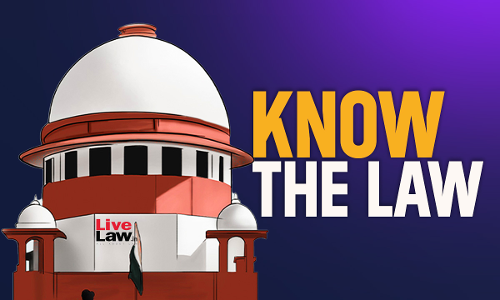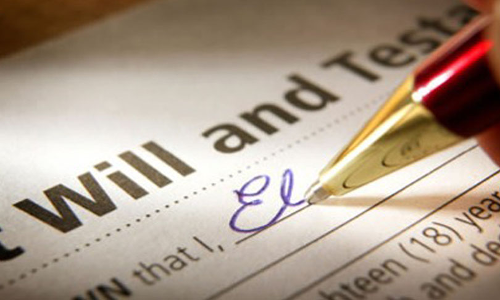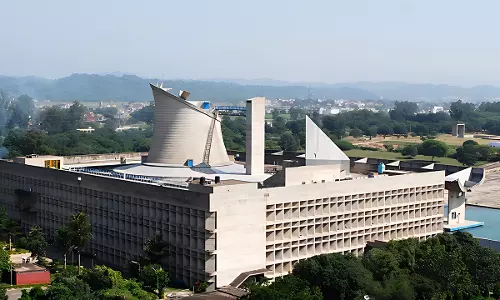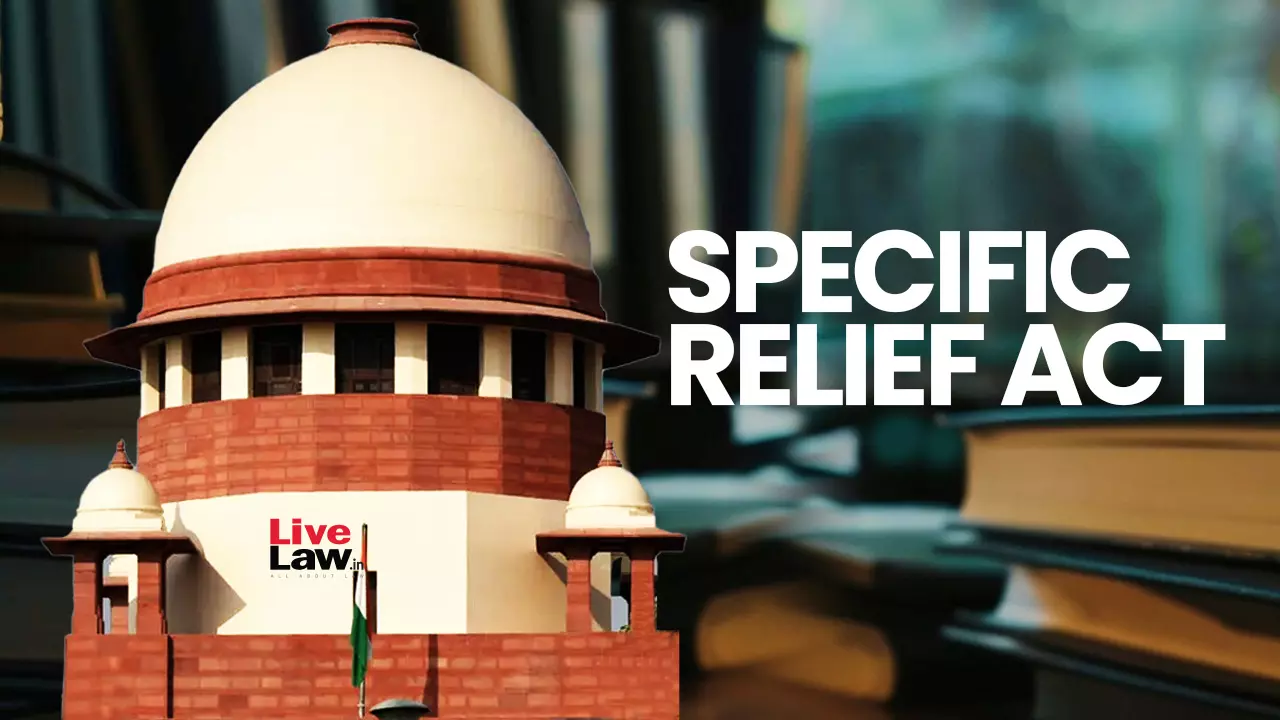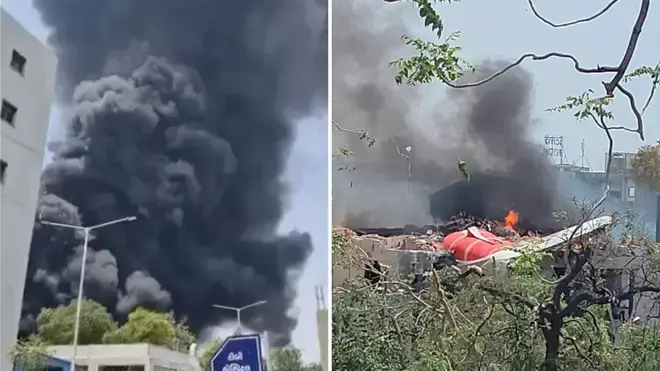Know the Law
S. 223 CrPC/S. 243 BNSS | Supreme Court Lays Down Principles For Joint Trial In Criminal Cases
Interpreting Section 223 Cr.P.C (now Section 243 BNSS), the Supreme Court held that a joint trial is permissible where multiple accused are involved in offences arising out of the same transaction and a separate trial would be warranted only if the acts attributed to each accused are distinct and severable. The Court laid down the following propositions regarding the joint trial:- (i)...
'Gender-Neutral' Often Misunderstood As 'Gender Equality' : Supreme Court
The Supreme Court recently struck down the Indian Army's policy of reserving seats for male candidates in the Judge Advocate General (JAG) branch.While ordering that the appointments should be merit-based, the Court observed that the term "gender-neutral" is often incorrectly conflated with "gender equality."The Court was deciding a case where the female candidates challenged the Army's policy...
When Can S.92 CPC Suit Be Maintained Against Registered Society As 'Constructive Trust'? Supreme Court Explains Principles
In a recent judgment (Operation Asha v. Shelly Batra and others), the Supreme Court summarised the principles related to Section 92 of the Civil Procedure Code and explained the circumstances when a registered society can be construed as a 'constructive trust' so as to maintain a suit under S.92 against it.The judgment, delivered by Justice JB Pardiwala and Justice R Mahadevan, summarised,...
Heirship Certificate, Probate & Letter Of Administration – A Simple Legal Guide For Families Dealing With Succession
In India, the process of succession to a deceased person's estate is governed by personal laws based on religion, as well as the Indian Succession Act, 1925. Understanding the terms Heirship Certificate, Probate, and Letter of Administration is crucial, especially when dealing with the property of someone who has passed away.This article breaks down these terms in simple and practical...
BNSS-Possible Pleas By The Proposed Accused At The Pre-Cognizance Stage
Before taking cognizance of an offence, on a complaint filed on or after 01.07.2024, the Magistrate shall afford the accused an opportunity of being heard. Compliance with this requirement under the first proviso to Section 223(1) of the Bharatiya Nagarik Suraksha Sanhita, 2023 (for short 'the BNSS') is mandatory. In short, this is the substance of the decision rendered by...
Supreme Court Guidelines On Management Of DNA Evidence
Supreme Court in KATTAVELLAI @ DEVAKAR VERSUS STATE OF TAMIL NADU [2025 LiveLaw (SC) 703] issued the following Guidelines for the management of DNA Evidence1. The collection of DNA samples once made after due care and compliance of all necessary procedure including swift and appropriate packaging including a) FIR number and date; b) Section and the statute involved therein; c) details of...
The Jurisprudence Of Gratuity: Deconstructing The Minimum "Continuous Service" Requirement For Payment Of Gratuity
The Payment of Gratuity Act, 1972 (referred to as 'PGA' hereinafter), serves as a cornerstone of social security legislation in India, providing a lump sum payment to employees as a token of appreciation for long and meritorious service. A central tenet of this Act is the requirement of "continuous service" for gratuity eligibility. However, even the most seasoned HR professionals...
In A First, Punjab Assembly Introduces Anti-Sacrilege Bill | Explained
"To preserve religious and communal harmony and fraternity among people of diverse religious beliefs and faiths residing in the Punjab", The Punjab Government introduced the 'The Prevention Of Offences Against Holy Scriptures Bill, 2025' on Monday in the legislative assembly. The Bill proposes punishment up to life imprisonment and fine of up to Rs 10 lakh for committing "offence" under...
S.39 Specific Relief Act | Principles On Grant Of Mandatory Injunction : Supreme Court Explains
The Supreme Court on Monday (July 14) observed that a grant of mandatory injunction under Section 39 of the Specific Relief Act, 1963 (“SRA”) is discretionary, and can be granted only upon the breach of an enforceable legal obligation. The Court said that a mandatory injunction cannot be granted unless there exists a legal right and there's a breach of that legal right. The...
Know The Law | Whether Employment Bonds Are Legally Enforceable In India? Supreme Court Explains
The Supreme Court recently resolved the contentious issue of whether employment bonds are valid and legally enforceable in India.It held that employment bond agreements mandating a minimum service period or imposing a financial penalty for early resignation are legally valid. The Court ruled that such clauses do not violate Section 27 of the Indian Contract Act, 1872, which prohibits...
Partition Rights Of Children From Second Wife Under Hindu Law
The concept of division of family property under Hindu legal traditions is closely connected to the ancient traditions of joint family and coparcenary systems. Over the years, the legislative framework has evolved to bring in gender equality, legitimacy protections, and redefine family structures. A particularly intricate and sensitive area is legal entitlements of children from a subsequent...



